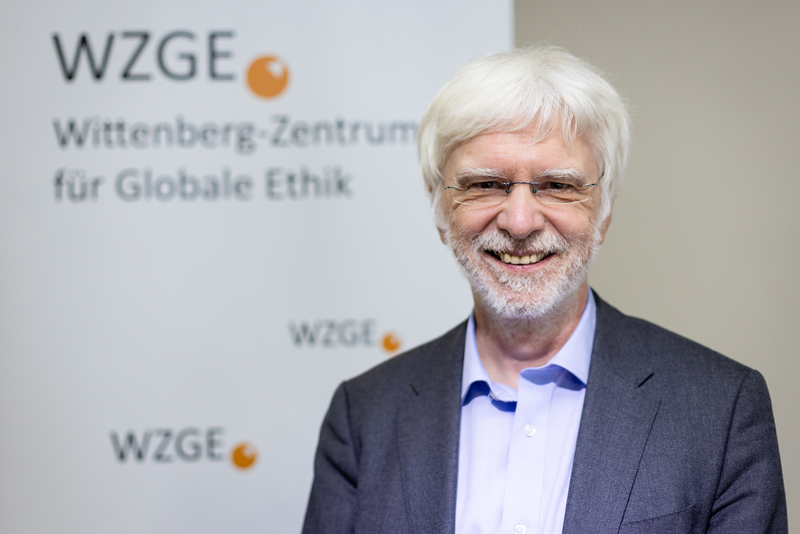
Dr. Werner Jackstädt Chair of Economic and Business Ethics
HHL Leipzig Graduate School of Management
[accordion activeIndex=""]
[item title="Short Profile"]
Andreas Suchanek, born in 1961, Degree of Economics at the Universities of Kiel and Göttingen; Dissertation 1993 (Private University Witten/Herdecke); Habilitation 1999 (Catholic University Eichstätt-Ingolstadt); 1999-2004 Acting Chair for Business and Economic Ethics (Ingolstadt School of Management); 2004-2009 Dow Research Professor of Sustainability and Global Ethics Dow (HHL – Leipzig Graduate School of Management); since 2009, chairholder of the Dr. Werner Jackstädt Chair of Economic and Business Ethics (HHL – Leipzig Graduate School of Management).
Andreas Suchanek´s academic development as a researcher and lecturer progressed in four stages:
1. In 1986 as a research assistant to Prof. Karl Homann, he started his work on methodological questions of economic methods. He focused in particular on questions of the model of homo oeconomicus. His doctoral thesis “Ökonomischer Ansatz und theoretische Integration” (1994, Mohr Siebeck Verlag) was the result of this research. His main finding is: although the model can be very useful for many scientific questions, a reasonable application demands methodological power of judgement because of many unsuitable interpretations of the model.
2. In parallel and until he started at the HHL, he worked on questions of institutional ethics, which uses economic methods and concepts. The findings can be read in the monography “Ökonomische Ethik” (2. ed. 2007, Mohr Siebeck Verlag). Its central ethical claim can be summarised with the reformulation of the golden rule: “Invest into the conditions of social cooperation for mutual advantage.”
3. Since 2004, corporate ethics and in particular corporate responsibility has stood at the centre of his research and teaching. The most important insight is that responsibility, trust as the basis of sustainable cooperation, and socially beneficial value creation are closely connected. The monography “Unternehmensethik. In Vertrauen investieren” (2015, Mohr Siebeck Verlag) summarises the main insights.
4. Recently, he has been concentrating on leadership ethics, more specifically on the development of an ethical compass for managers. “Do no harm” is the central principle of this compass. One should not understand it as a (mere) maxim of individual ethics, but also as a “focal point” that is as a common understanding of what kind of harm is legitimate and what kind is illegitimate. The further elaboration of the compass is embedded in the above-mentioned theoretical areas. “Do no harm” can be understood as an investment in trust as a condition of social cooperation for mutual advantage.
[/item]
[item title="Thematic Orientation Dissertation Topics"]
[/item]
[/accordion]
